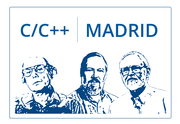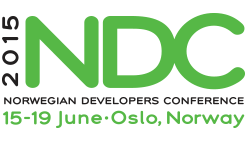CppCon opens Call for Submissions -- Jon Kalb
CppCon has announced its call for submission for 2015. The deadline for submissions is May 22nd and the conference will start September 20th.
Call for Submission
From the invitation:
CppCon is the annual, week-long face-to-face gathering for the entire C++ community. The conference is organized by the C++ community for the community and so we invite you to present.

 If you're in the San Francisco Bay area, you might be interested in this from IBM:
If you're in the San Francisco Bay area, you might be interested in this from IBM: On Thursday the 26th of March at Tuenti's HQs in Madrid, Spain.
On Thursday the 26th of March at Tuenti's HQs in Madrid, Spain. You are a student? Look at this:
You are a student? Look at this: There was a lot of interest for the
There was a lot of interest for the